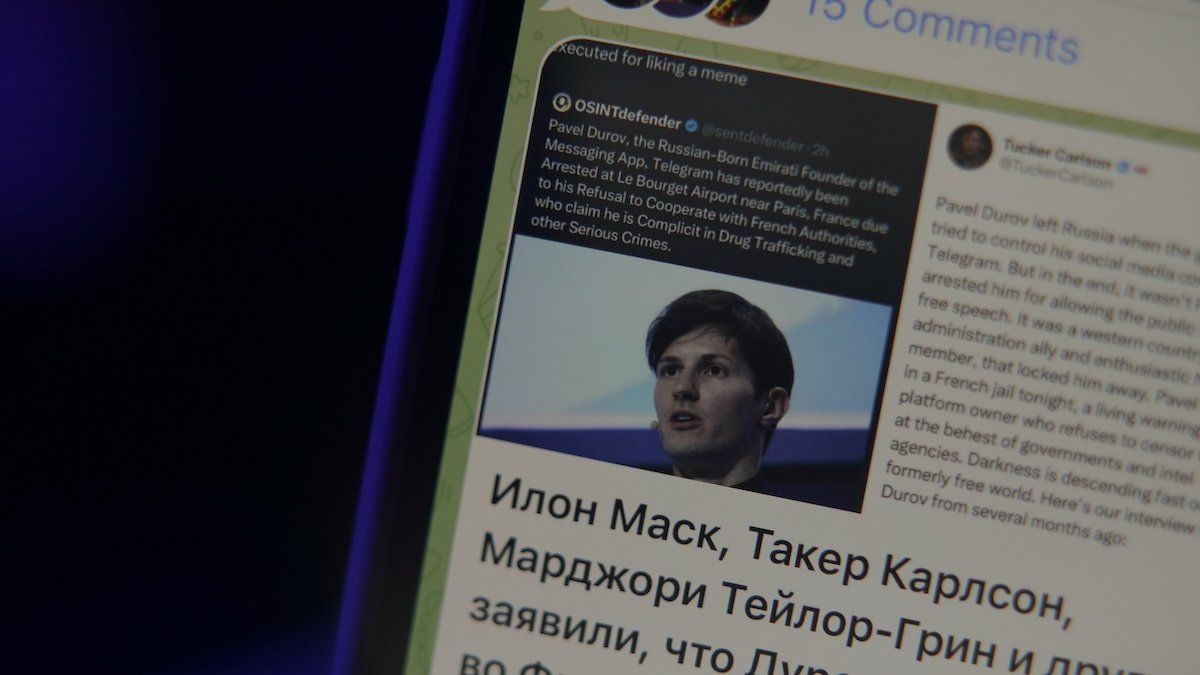Pavel Durov, the 39-year-old founder and CEO of social media network Telegram, was arrested at Bourget Airport near Paris on Sunday, following an investigation by French authorities into the platform’s lack of moderation. Officials claim Telegram has allowed fraud, terrorism, drug trafficking, cyberbullying, and organized crime to flourish on the app. Telegram also came under scrutiny in the UK earlier this month for hosting far-right channels that mobilized violent protests in English cities.
Telegram’s encrypted app has nearlyone billion users and is popular in Russia, Ukraine, and former Soviet republics. After Russia invaded Ukraine in 2022, Telegram became “a virtual battlefield” used by both Ukrainian President Volodymyr Zelensky and Russian officials.
On Sunday, the deputy speaker of the state Duma, Vladislav Davankov,claimed that, “The arrest of [Durov] could have political motives and be a means of obtaining the personal data of Telegram users.” The channel is accused of spreading disinformation and is also used by the Russian military for recruitment and coordination.
Moscow is demanding consular access to the Russia-born CEO, who is now a dual citizen of France and Dubai. Also weighing in is X CEO Elon Muskwho posted, “POV: It’s 2030 in Europe and you’re being executed for liking a meme.” Whether the backlash helps win Durov his freedom at his upcomingcourt appearance — and whether Telegram will retain its users’ trust — remains an open question.